Coronavirus: People in some West Midlands areas can no longer mix in pubs
- Published
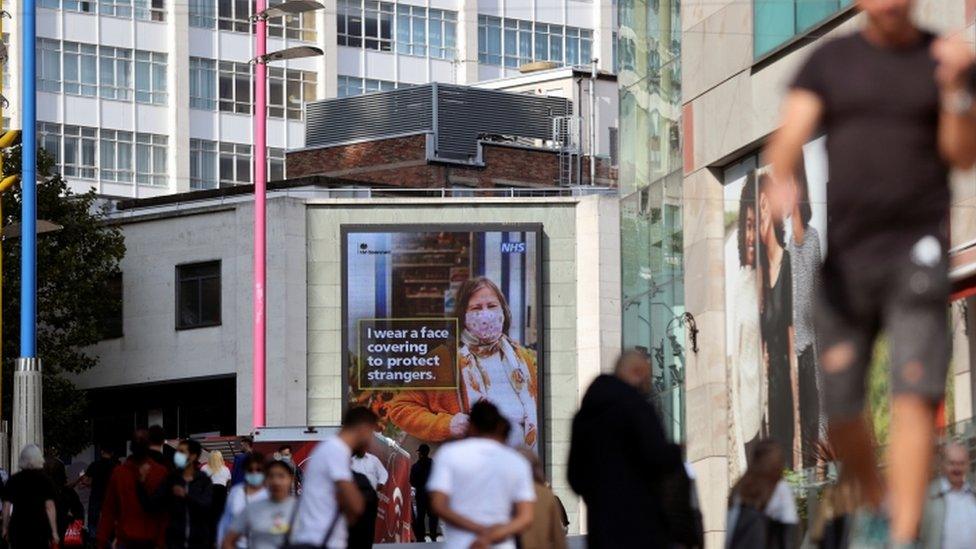
A sign encourages people to wear face masks in Birmingham city centre
Different households across parts of the West Midlands can no longer mix indoors, under new government restrictions.
Boris Johnson has announced a three-tier system of "medium", "high" and "very high" alert levels.
West Midlands Mayor Andy Street said Birmingham, Sandwell, Solihull, Walsall, and Wolverhampton would be in the high category.
The new restrictions come into effect on Wednesday.
Dudley and Coventry will be in tier one, alongside Worcestershire, Shropshire, Staffordshire, Stoke-on-Trent, Herefordshire, Telford and Warwickshire, meaning the rule of six and the 22:00 curfew for pubs and restaurants remain in place.
Tighter restrictions for Birmingham, Sandwell and Solihull, first came into force on 15 September, banning people from meeting others who were not part of their household or support bubble, in homes or gardens. But the rule of six meant people could still meet in hospitality venues.
Wolverhampton faced the same restrictions a few days later.
Under the new restrictions, people living in those locations, as well as Walsall, can no longer mix indoors at all, but can do so outdoors and in private gardens - up to a maximum of six people.
Mr Johnson said he aimed to reduce household-to-household transmission by preventing all mixing between different households or support bubbles indoors.
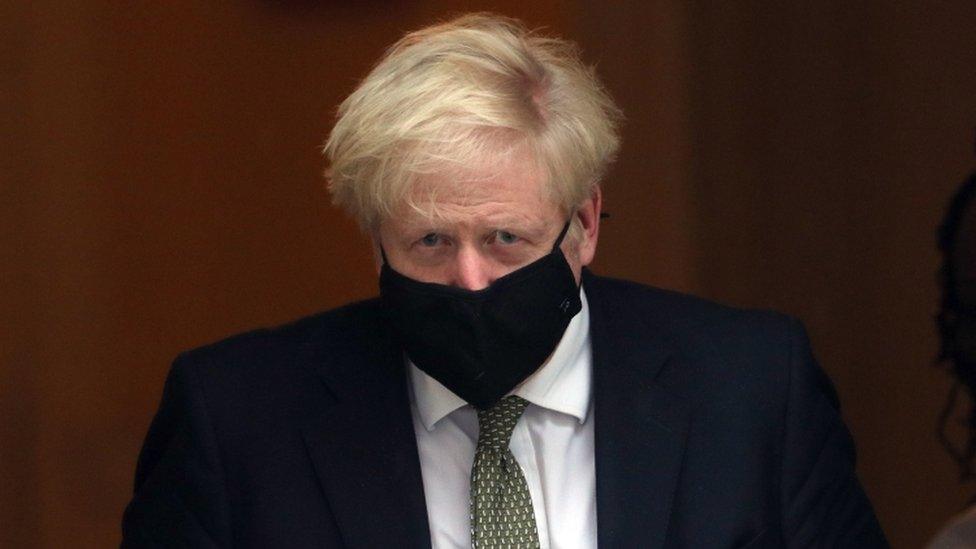
Boris Johnson addressed the Commons on Monday afternoon
But Mr Street said the move was not supported by regional leaders, who said they wanted to keep the existing restrictions.
"The main problem in the West Midlands remains transmission within household settings, and stricter measures for the hospitality industry will not solve that," he said.
"I am urging the government to review this decision as soon as possible.
"I have always argued that data and evidence should lead decision-making, and I therefore find it very surprising that the West Midlands, with an average infection rate of 123 per 100,000, is now in the same tier as Manchester, which has an average infection rate of more than 550 per 100,000."
Tory MP for Sutton Coldfield Andrew Mitchell echoed that, telling the House of Commons on Monday the existing restrictions in the area were "working" and should not be replaced.
Figures show there were 159.9 new cases per 100,000 people in Birmingham in the week up to 9 October, up slightly from 152.7. Solihull stood at 146, Walsall at 136.3, Coventry at 135.7, and Sandwell at 120.3.
The average rate across England was 139.3.
At Mr Johnson's press conference, he was asked by Gordon Rayner from The Telegraph about the comments Mr Street made given the West Midlands area has a "quarter of the level of infection Manchester does" but is in the same tier.
The prime minister replied: "On the variations in the tiers, that is inevitably going to happen in a complex campaign against coronavirus.
"I don't want to put the West Midlands, I don't want to put anywhere, into the measures that we have to... but I'm afraid it [coronavirus cases] is going up in the West Midlands".
Ian Ward, leader of Birmingham City Council, said: "The negative impact of the new restrictions on the [hospitality] sector and the lives of the people who work in it can't be overstated.
"The sector supports more than 135,000 jobs across the West Midlands and it's essential that further financial support is made available to those businesses affected."
Deputy leader Brigid Jones tweeted, external Wednesday was not enough notice for some businesses which would be "full of surplus stock".
She said bans on mixing in pubs was not accompanied by sufficient support for those businesses.
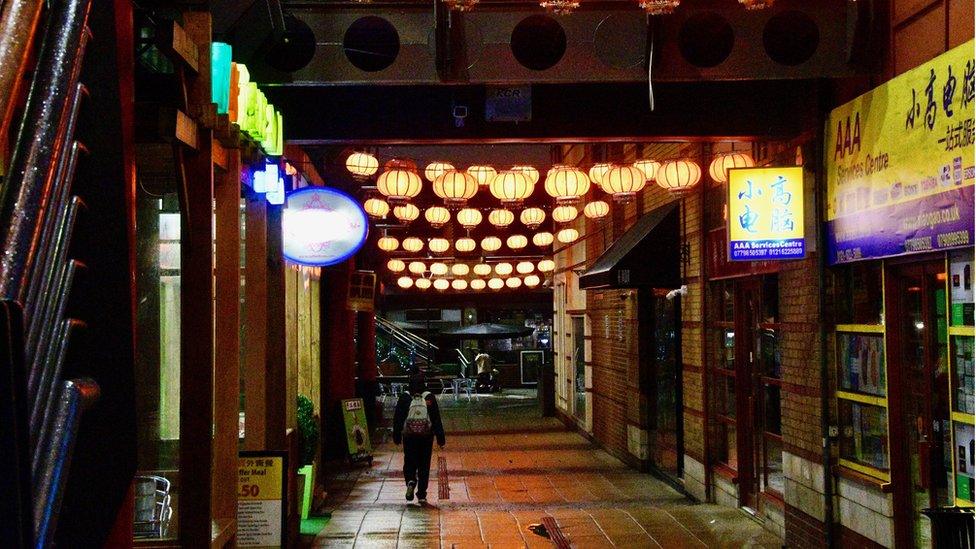
Birmingham's Southside has been "devastated" by coronavirus, business leaders said previously
Oliver Ngo, who runs the Vietnamese Street Kitchen restaurant in Resorts World, said: "I have had to extend the Eat Out To Help Out offer until the middle of October to try and keep going.
"I am doing everything to try and keep staff in work, but if the government keep putting in these restrictions, what more can I do to try and keep everyone in work?
"We were absolutely flying before lockdown... with further restrictions we will be affected big time, and we will have to think outside the box once more to try and keep all our staff in employment."
Lawrence Barton, director of Southside BID in Birmingham, said he was feeling a "great amount of frustration" at the restrictions already in place.
"It has been demonstrated from the data that the increase in the Covid infection rate has not been in hospitality venues, so for them to keep punishing the hospitality industry doesn't make sense," he said.
"There is no science to support the 10pm curfew and this will further frustrate and cause further distress to a sector that is already massively hurting.
"They are slowly killing it [the sector] and unfortunately the government and our representatives making decisions… there's no basis to restrict measures in the way that they have."
Paul Faulkner, chief executive of Greater Birmingham Chambers of Commerce, said: "The support offered to businesses during the first wave of the pandemic was unprecedented, but it is being withdrawn at just the moment it is so needed in areas facing additional measures.
"The government must not to throw away the jobs and businesses that have been saved so far by failing to step up now."

LOCKDOWN LOOK-UP: The rules in your area
SOCIAL DISTANCING: How have rules on meeting friends changed?
SUPPORT BUBBLES: What are they and who can be in yours?
FACE MASKS: When do I need to wear one?
TEST AND TRACE: How does it work?


Follow BBC West Midlands on Facebook, external, Twitter, external and Instagram, external. Send your story ideas to: newsonline.westmidlands@bbc.co.uk , external
- Published1 July 2022

- Published26 January 2022
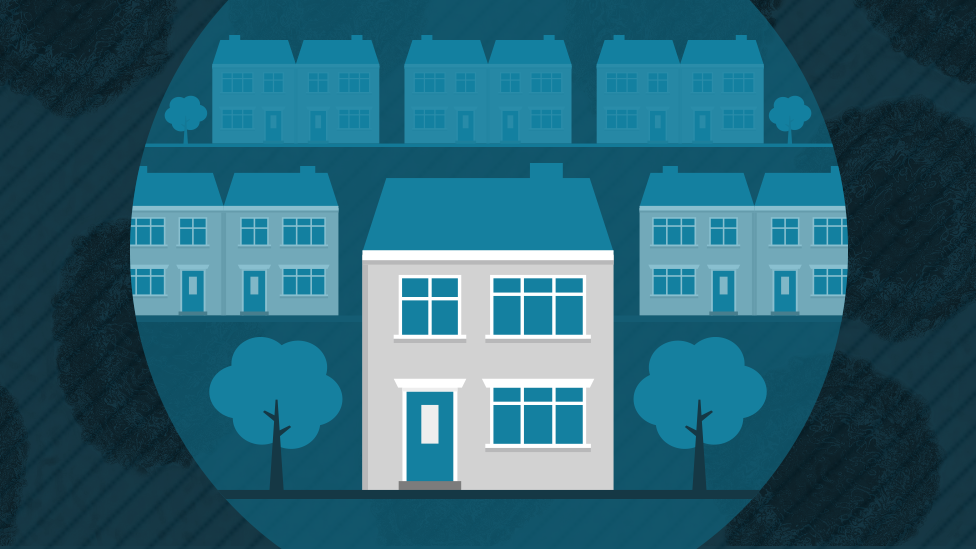
- Published12 October 2020
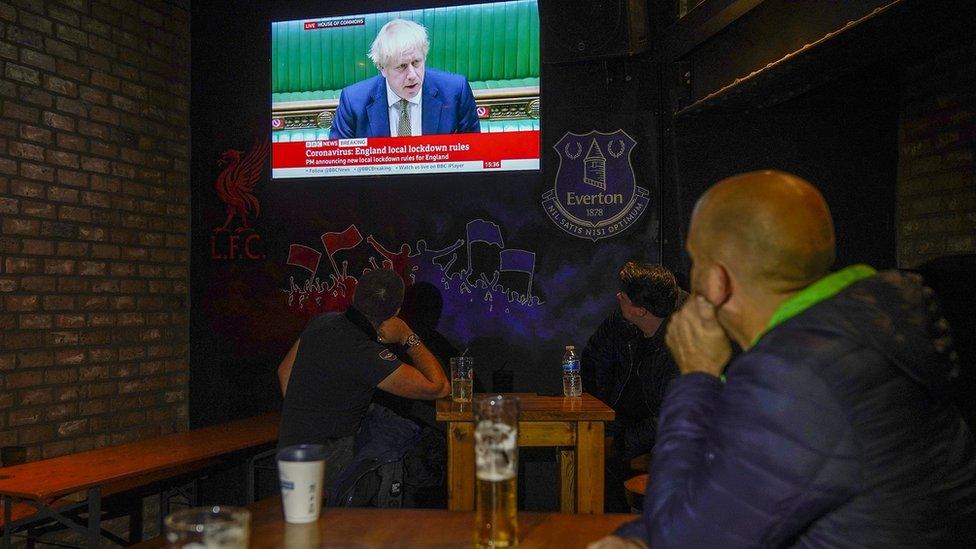
- Published12 October 2020
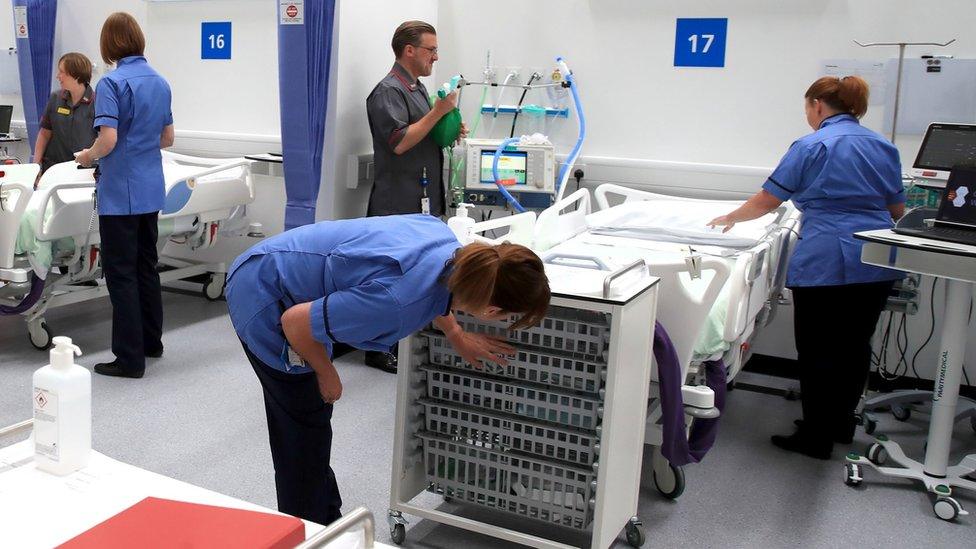
- Published9 October 2020
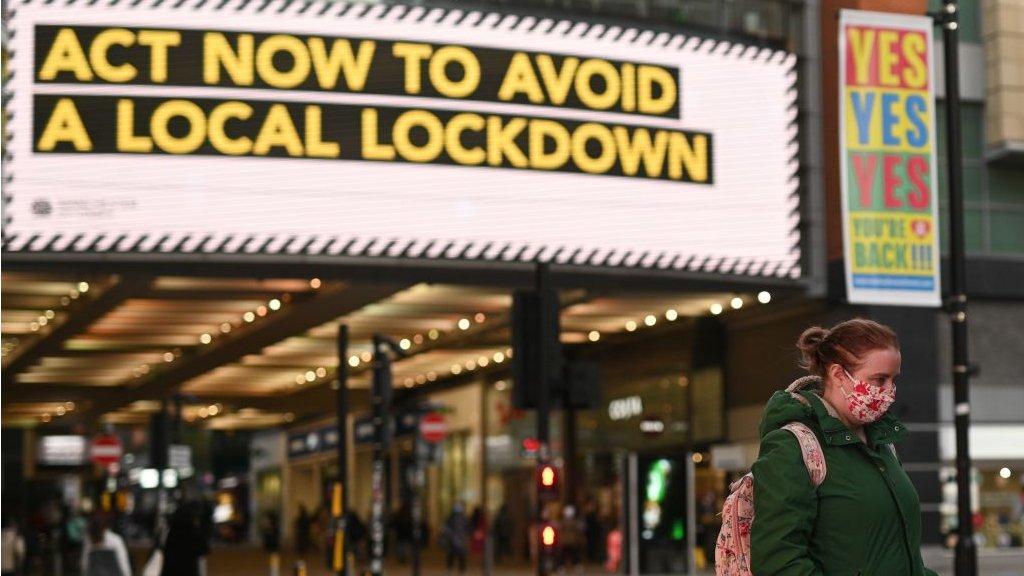
- Published9 October 2020
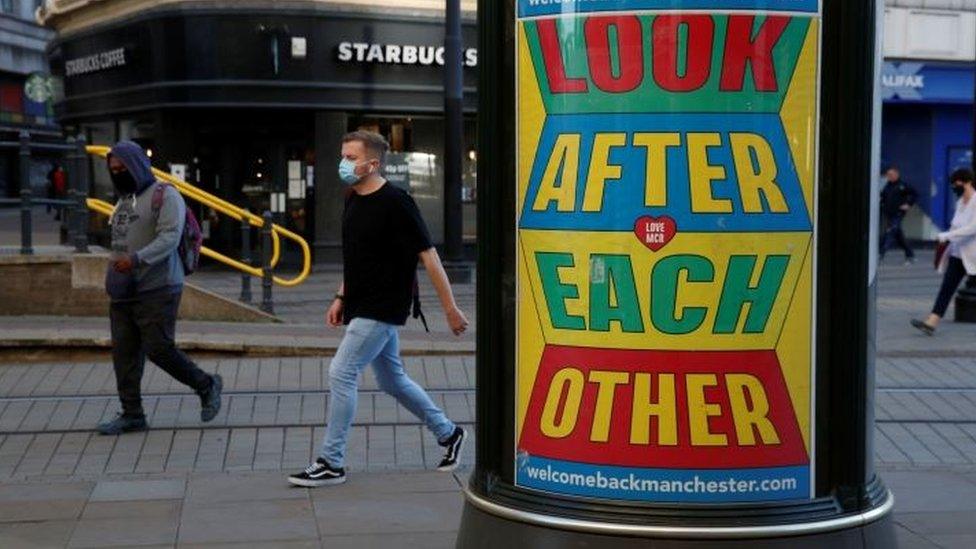
- Published28 September 2020

- Published15 September 2020
